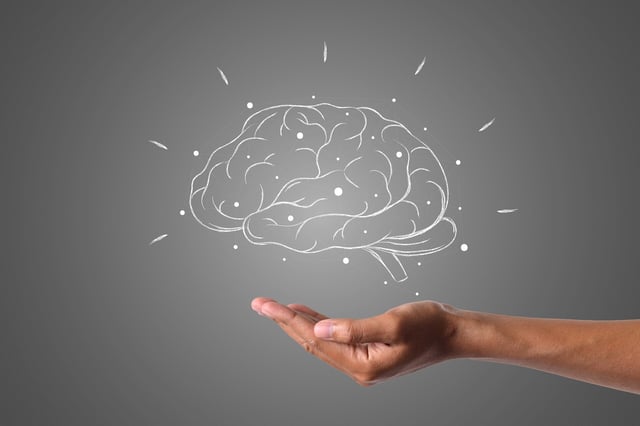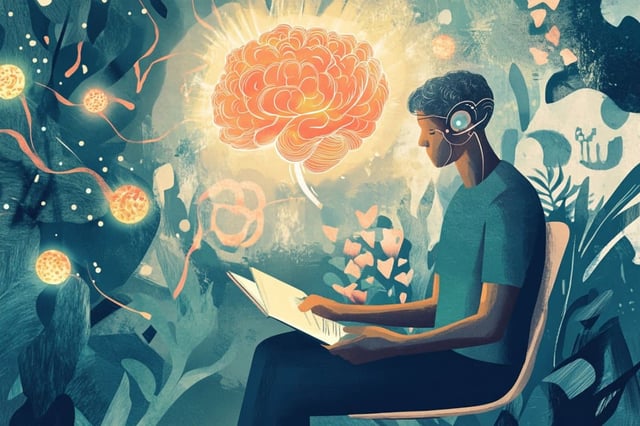Overview
- The study demonstrates that transcranial direct current stimulation (tDCS) can influence decision-making by targeting the dorsolateral prefrontal cortex.
- Anodal stimulation, which increases neural activity, was found to speed up decision-making by reducing task selection time.
- Cathodal stimulation, which inhibits neural activity, led participants to persist with previously chosen task orders, indicating reduced cognitive flexibility.
- The effects of tDCS on decision-making were found to be subtle and context-dependent, challenging exaggerated claims made by commercial device manufacturers.
- Conducted with 40 participants, the study employed a controlled, blinded methodology to examine the nuanced cognitive impacts of tDCS.

